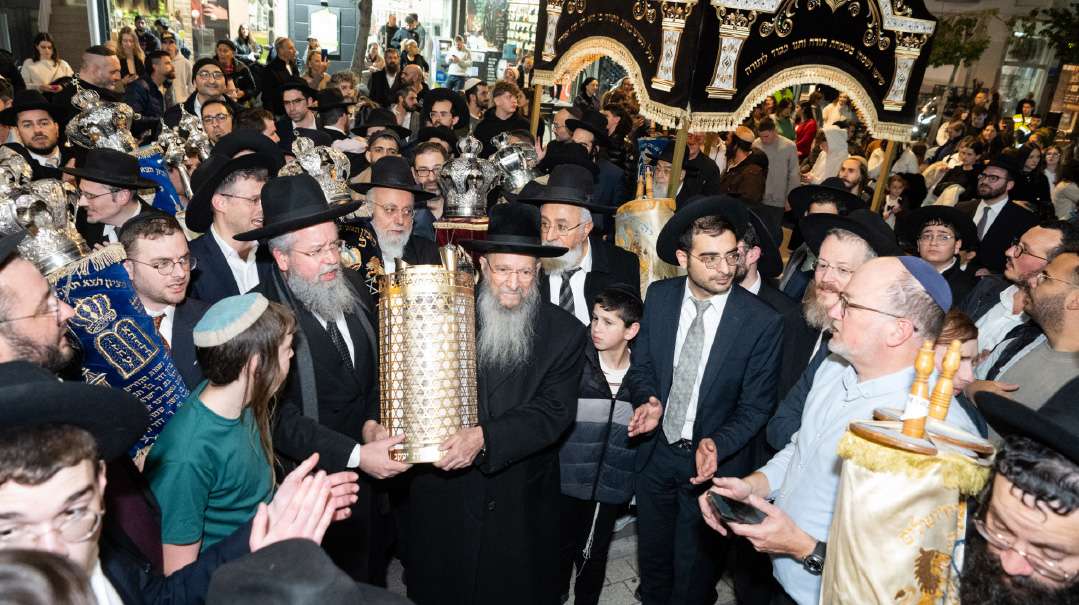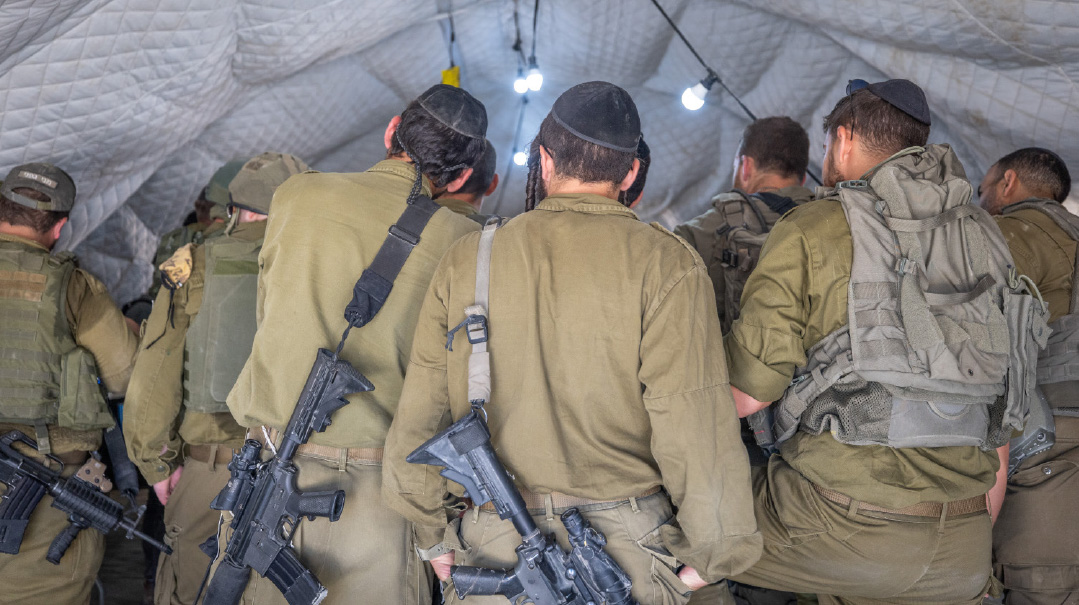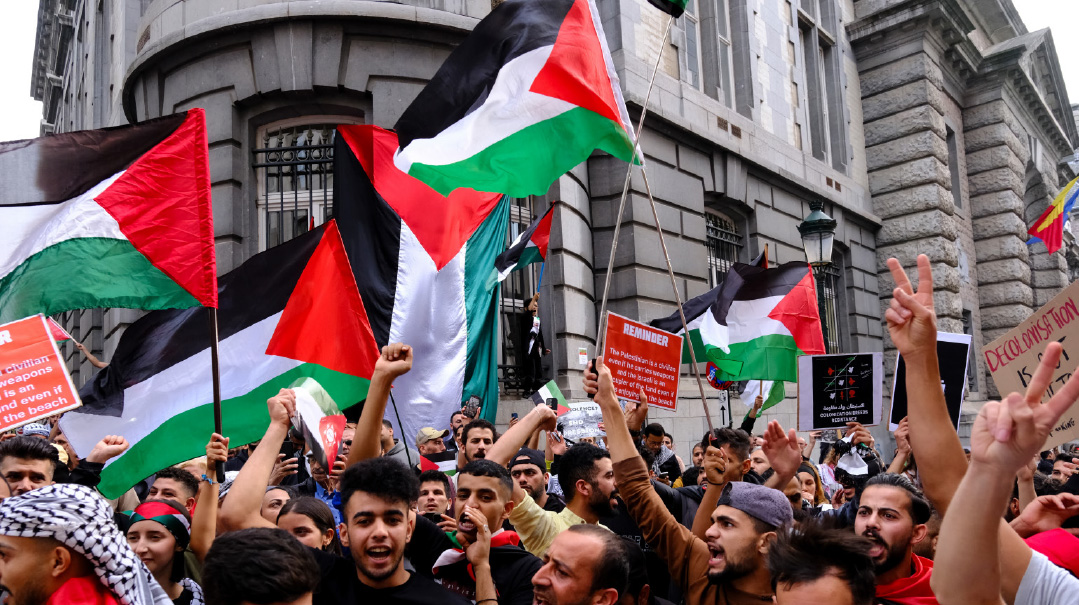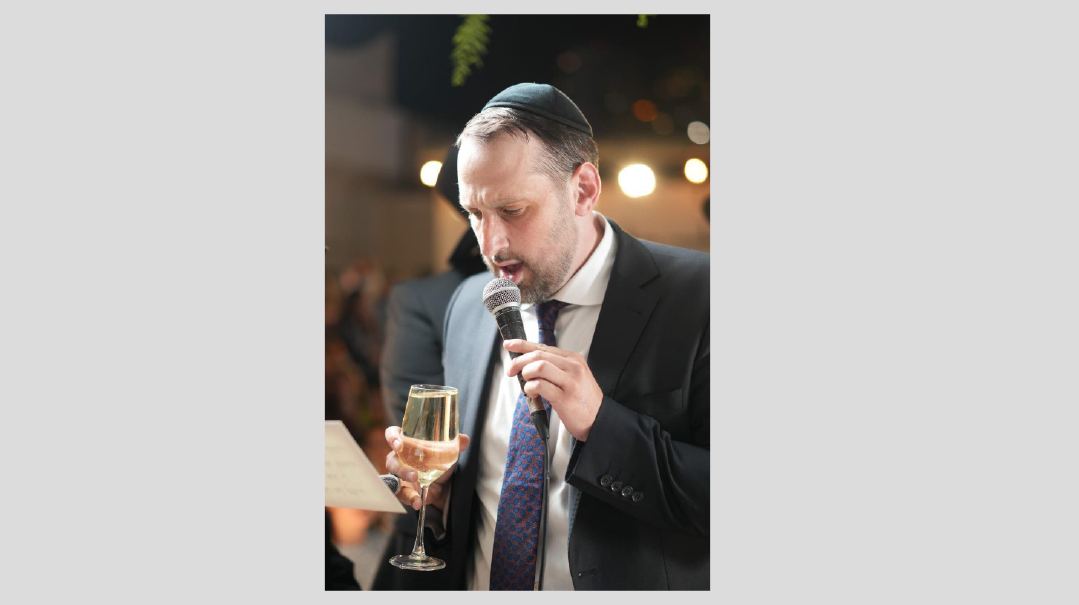My Shtetl Ukraine

We aren’t witnessing the genocide of World War II, but the utter destruction of kehillah life that was World War I
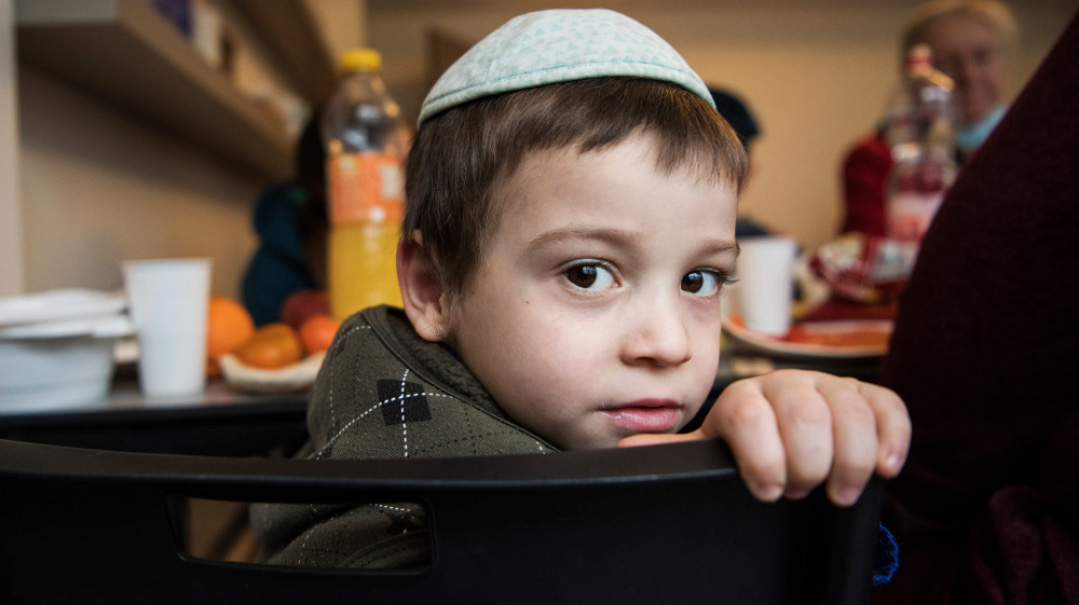
Photos: AP Images, Flash 90
Holocaust Memories
After more than seven decades of peace, the blood-soaked continent that swore “Never Again” is at war again. Inevitably, Holocaust comparisons abound. Putin justifies his invasion by claiming that he needs to “de-Nazify” Ukraine. Kyiv points to Russia’s shelling of Babi Yar as evidence that the Russians are in fact the fascists.
For Jews, the Holocaust conversation takes two forms. One impulse is to be moved by ordinary Ukrainians’ plight — remembering the anguish of our own grandparents as they fled from the German fiends.
A second strain questions whether today’s Ukrainians are all that distant from their own grandparents, many of whom “imbibed anti-Semitism with their mothers’ milk,” in an oft-repeated phrase.
The very fact that this debate appears in almost identical form in both Hamodia and Ha’aretz is a sign that in a Jewish world split along religious-secular lines, our shared pain is a great unifier.
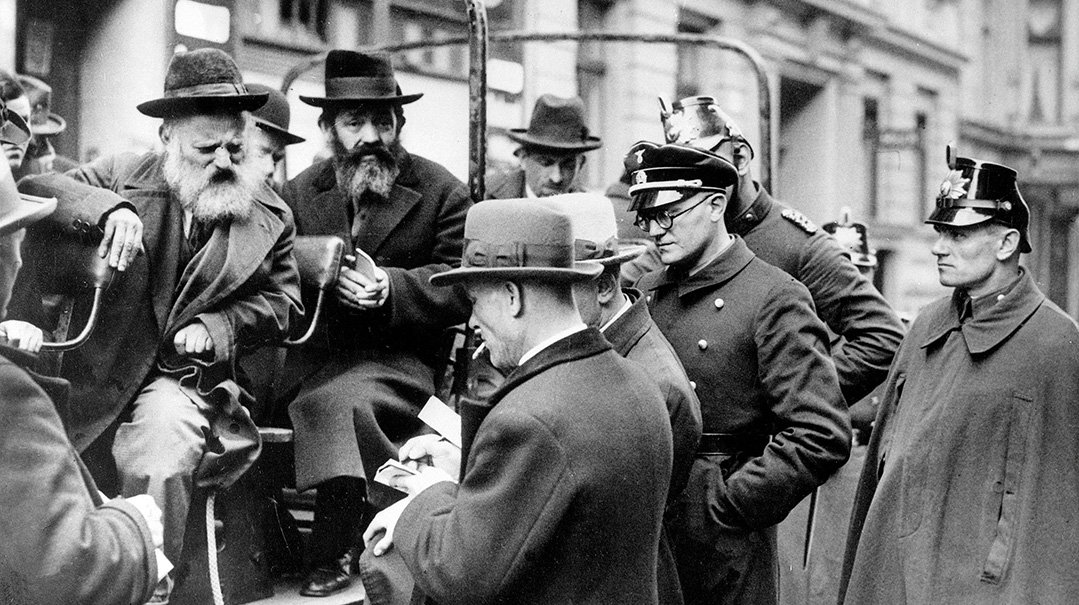
Kehillos Destroyed
Holocaust analogies, though, go only so far. Perhaps the fact that Churban Europa looms so large in our collective rearview mirror blinds us to another historical comparison.
In the space of three weeks, three million refugees, including tens of thousands of Jews, have taken up the wanderer’s staff across Europe.
As Ukraine burns, the country’s Jewish diaspora — decimated by the Nazis, suffocated by the Soviets, and then revived over the last generation — is breathing its last.
We aren’t witnessing the genocide of World War II, but the utter destruction of kehillah life that was World War I. That horrible conflict broke the back of European Jewry; rabbinical authority and community cohesion never recovered.
Something similar is now underway in Ukraine. Shuls, schools, community centers — an entire way of life for hundreds of thousands of Jews has vanished. For them, nothing will ever be the same again.
Staying Together
That’s why the overriding priority of Ukraine’s rabbis is to keep the refugees together, to preserve the social and spiritual ties that are the only thing left.
The Tikva Odessa community — comprising hundreds of people — is now in Moldova. Their escape was masterminded by Rabbi Refael Kruskal, founder of Tikva, in an operation that was scoped out weeks before the Russian invasion. Now his priority is to learn the lessons of a more recent tragedy. The expulsion from Gush Katif taught the value of preserving communities even after losing the place they called home; those who stayed together, it became clear, stayed strong.
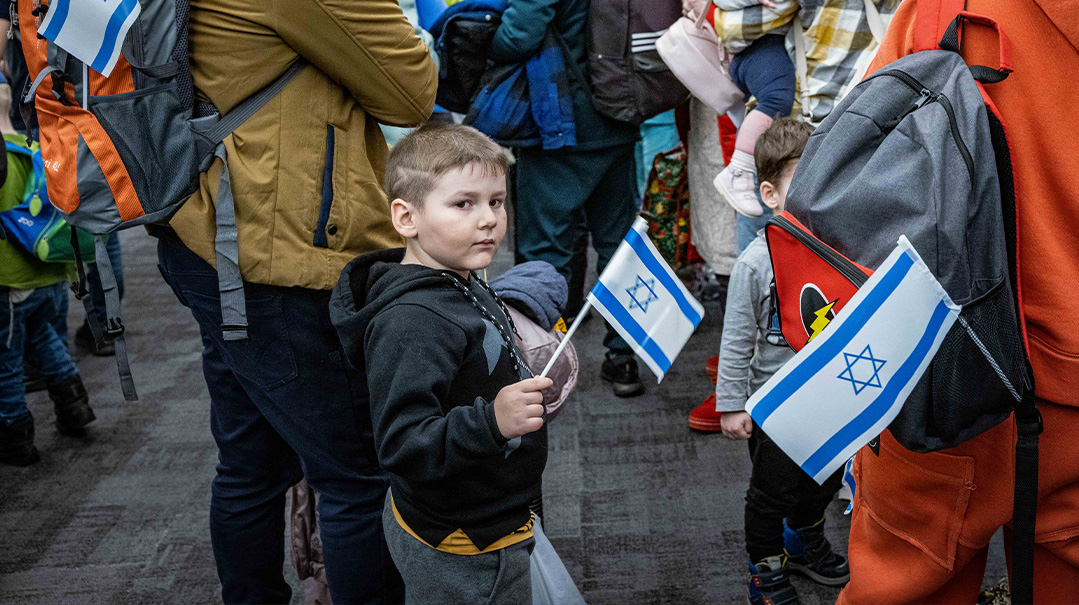
Israel-bound
Over in Pinsk, Belarus, Rabbi Moshe Fhima is another evacuation hero who has pulled hundreds of Jews out of the battle zone. Over the phone, he has no time for updates, saying simply, “It’s pikuach nefesh. Every minute talking is another minute that could be used to save someone.”
But he shares one fear: “Many of Ukraine’s Jews are going to go to Israel — and we have to make sure that they end up with religious communities.”
When the great post-Soviet wave of aliyah came in the ’90s, a similar dilemma faced Israel’s religious community.
Back then, Rav Shlomo Wolbe ztz”l shared a piece of advice with kiruv activists that rings true today: “Whoever helps the olim with their physical needs — an apartment, a job — will be able to help with their ruchniyus.”
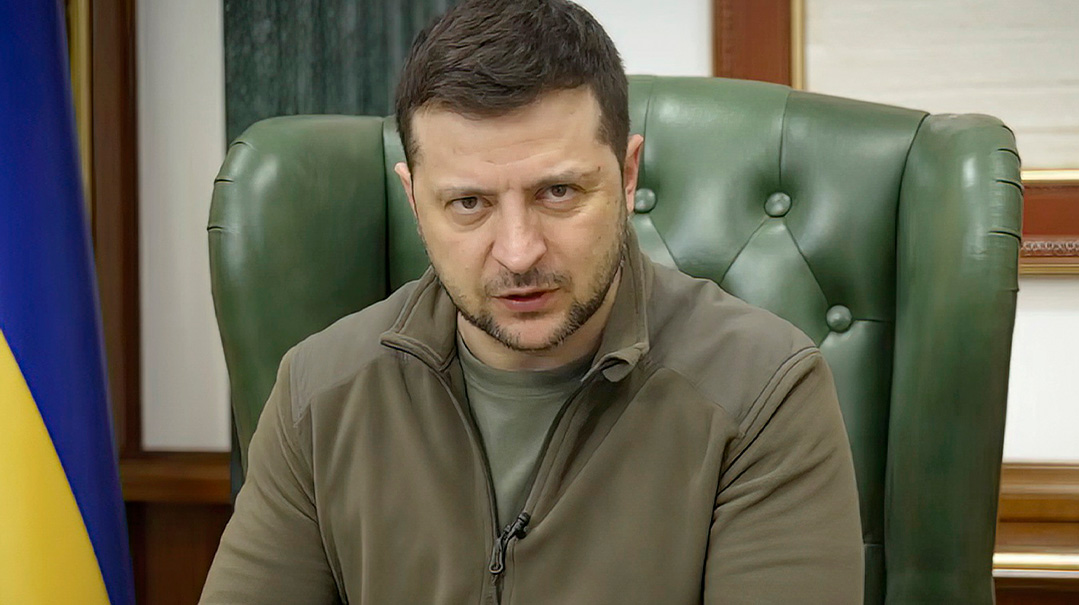
Churchill Moment
“We will fight to the end, at sea, in the air. We will continue fighting for our land, whatever the cost. We will fight in the forests, in the fields, on the shores, in the streets.”
That’s not a quote from Churchill in 1940, but a stirring imitation by Ukrainian president Volodymyr Zelensky delivered to the UK Parliament last week by video link. Given Zelensky’s harsh voice and grim circumstances, he also sounded a bit like the original.
As evidenced by the stream of new Churchill biographies that continue to hit the shelves, the Anglosphere loves anything to do with Winston.
Both the Churchill obsession and the way that Western public opinion has fallen for Zelensky may be symptomatic of the same thing. In an era of Western retreat, where democratic societies are consumed by inward-looking culture wars, people are desperate for authentic heroes.
Instead of spin doctors and false political messiahs on the left and right, they want the clarion call of real leadership.
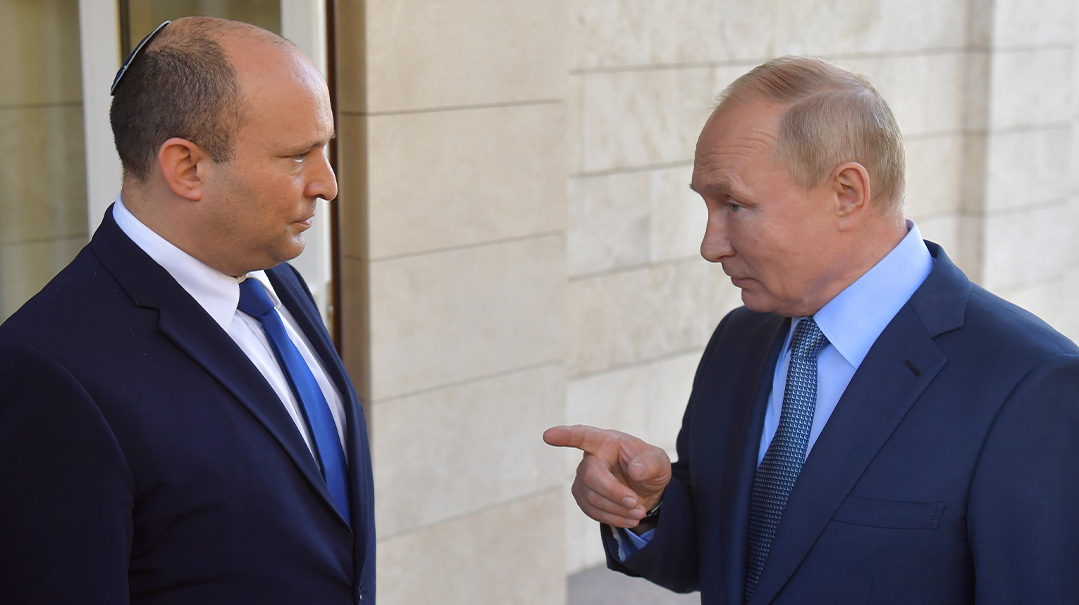
Bennett’s Hour
The Ukraine crisis isn’t exactly the foreign policy that Naftali Bennett dreamed of. When he turfed Bibi out of office last year, Bennett wanted to focus on bringing more countries into Netanyahu’s Abraham Accords, and resetting relations with the Biden administration.
Instead, he’s found himself doing an uncomfortable balancing act: trying to fend off Western calls for Israel to arm Ukraine, while knowing that he daren’t poke the eye of the Russian bear on Israel’s northern border.
But instead of keeping a low profile, with typical audacity, Bennett has put himself forward as a peacemaker by offering to host a peace summit in Jerusalem.
Cue derision on the right: The man couldn’t convince 300,000 Israeli voters to back him, his critics scoff, and he wants to play statesman?
Those critics have to ask themselves whether they would be so quick to dismiss the initiative if Netanyahu had made the move.
Playing statesman is undoubtedly good politics for a prime minister with rock-bottom support.
But for an Israel caught between the West and Russia, Bennett’s diplomacy may just prove to be an innovative way to do something, while at the same time doing nothing.
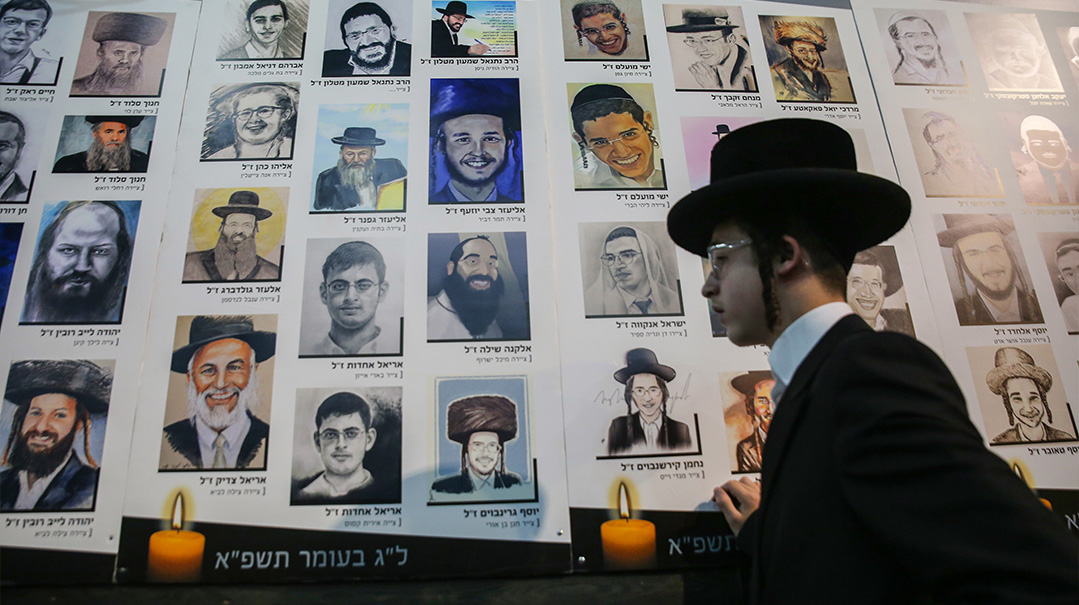
Meron and Uman
One more sobering thought to end with. In the shadow of the current fighting, it’s safe to say that the days of thousands of Jews gathering for Rosh Hashanah in Uman are over, for the meantime at least.
Strangely, that’s not the only mass gathering that is over. Meron, a year after the shocking tragedy of Lag B’omer, will be a shadow of itself. Thousands, not half a million, will celebrate on the mountaintop, under the latest plans.
For all those like me, whose brand of Yiddishkeit didn’t encompass these events, we still need to ponder what’s going on.
Two years after Covid shut down shuls all over the world, two enormous gatherings of tefillah have come to an end.
To use the formulation of the Gemara, we’re neither neviim, nor bnei neviim. But after two years of plague, disaster, and war have utterly changed our spiritual landscape, the alarm bells should be ringing loud and clear.
(Originally featured in Mishpacha, Issue 903)
Oops! We could not locate your form.
